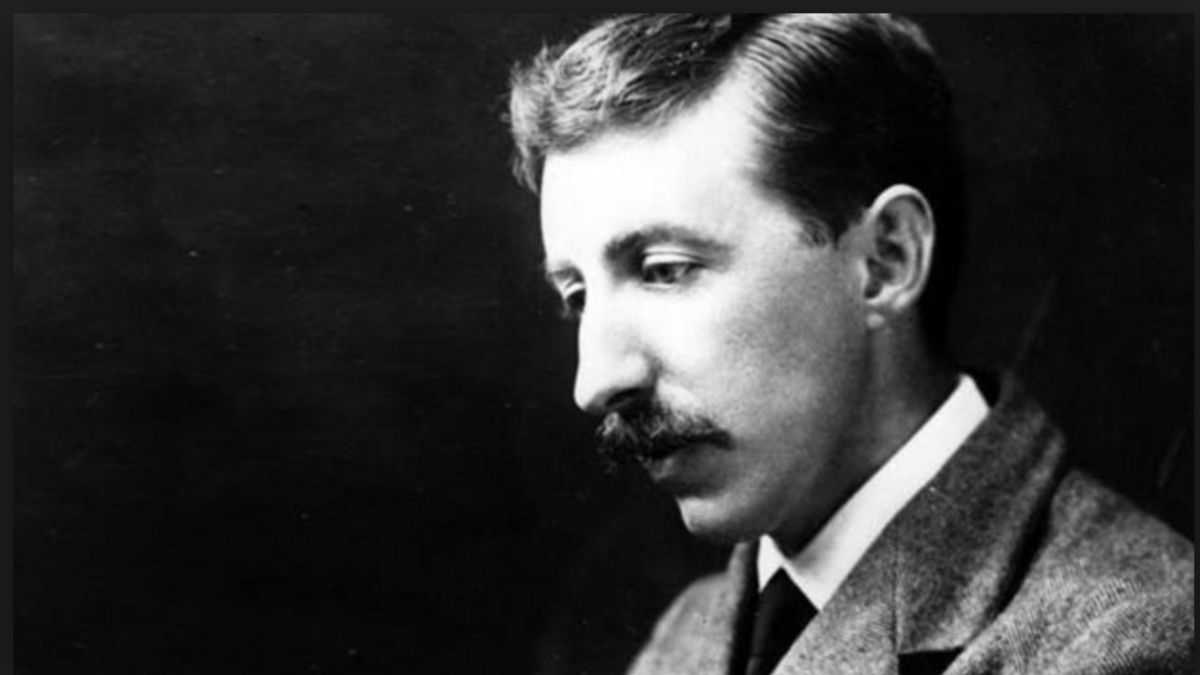At the British Society for Eighteenth-Century Studies conference 2016 (held at St. Hugh’s College, Oxford, 6-8 January), Professor Peter Sabor (Director of the Burney Centre, McGill University) delivered a paper tracing Frances Burney’s relationship in her later life with the Rev. Charles Forster, chaplain to Bishop of Limerick. In a panel called ‘Recollections, Representations, and Misrepresentations: Burney, Johnson and Malone’, Peter began by explaining how Burney and Forster exchanged books and both engaged in biographical projects in the early nineteenth century: Forster worked on a biography of his patron and close friend the Bishop, whereas Burney was engaged in laying the groundwork for her (ultimately poorly received) Memoirs of her father Dr. Charles Burney. Charles Forster was grandfather to E.M. Forster, who was responsible for preserving some of the letters between his relative and both Burney and her son Alex. (These letters, held at Cambridge University, have been only recently discovered , and will be published in Peter’s forthcoming Additional Journals and Letters of Frances Burney (vol. 2). ) The letters reveal much about Burney’s later life, and her attempts to procure patronage for her somewhat hapless son. It was interesting to see Burney critiquing Charles Forster’s manner of memorialising the Bishop, given the fact that her own Memoirs of her father were ultimately so poorly received. It was also fascinating to see Peter exposing some of the surprising networks of Burney’s old age; she corresponded with well-known figures including Wilberforce and Disraeli. Peter finished by discussing E.M. Forster’s critical appraisal of Burney’s works. His commonplace book, for example, contains the following review of her novel Camilla (1796) from Horace Walpole:
‘How [do] I like Camilla? I do not care to say how little. Alas! She has reversed experience, which I have long thought reverses its utility by coming at the wrong end of our life when we do not want it. This author knew the world and penetrated characters before she had stepped over the threshold; and now she has seen so much of it, she has little or no insight at all.’
EM Forster’s memorialisation of his own grandfather provides an intriguing parallel to the numerous attempts by younger Burneys to commemorate their elder relatives (e.g. Charlotte Barrett’s edition of Frances Burney’s Journals and Letters, or Frances Burney’s Memoirs of her father) and can help to place these attempts in a wider context of nineteenth- and early-twentieth-century ideas about kinship and commemoration.
Report by Sophie Coulombeau, Cardiff University

